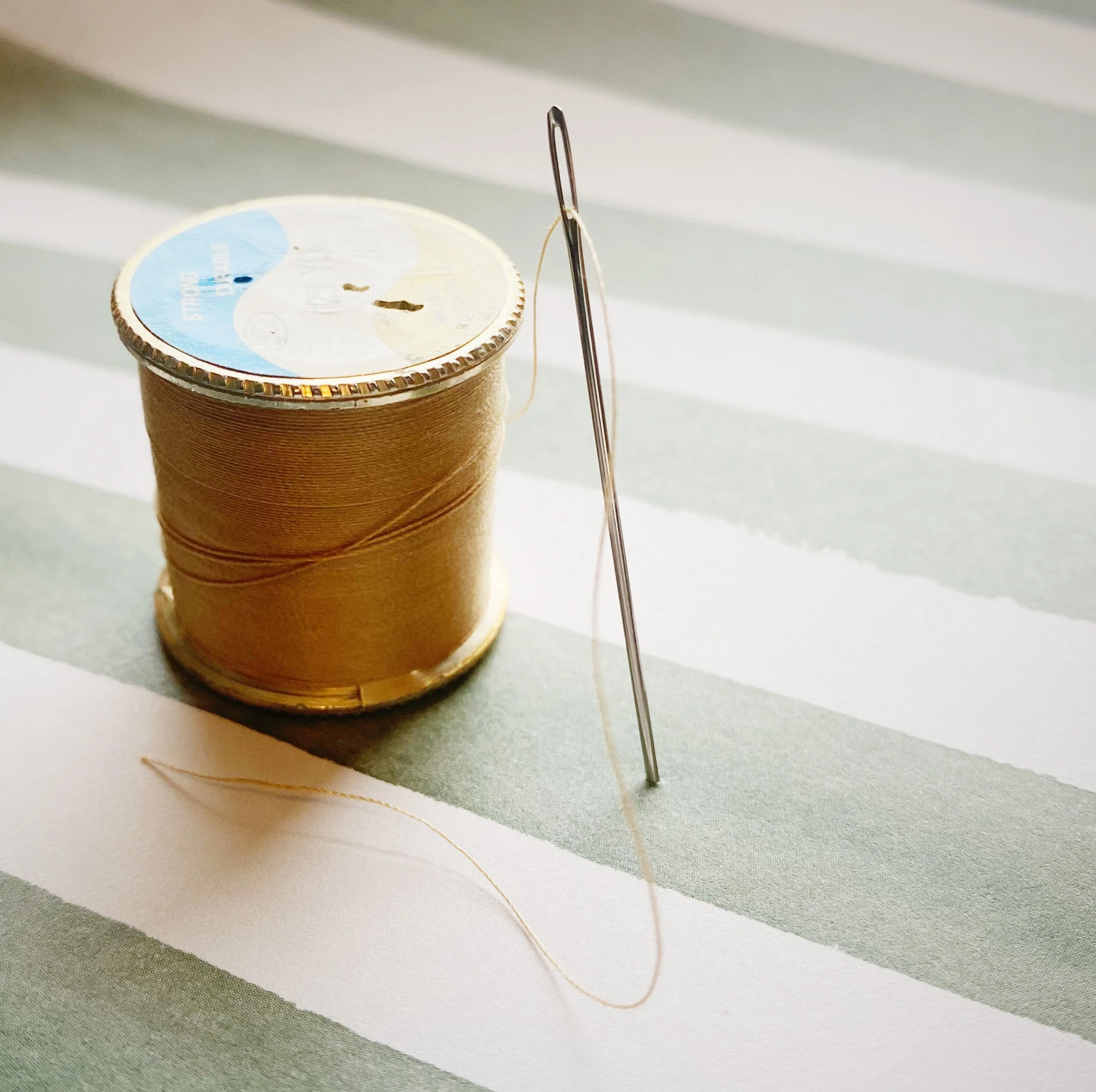Smells (Sorta) Like Teen Spirit
Editors and publishers often snicker amongst themselves about the steady trickle of writers who approach them with stories and manuscripts that the authors swear on their lives were dictated to them directly by God … or at least by some other lesser higher being.
The words usually materialize fully fleshed over a few swift sessions of writing, they explain, channeled from the beyond through an invisible but insistent source. And all they could do was type or scribble furiously, trying to keep up.
Usually, this higher being has an important message to convey about the nature of love or consciousness, or the fate of humankind.
“My heart sinks whenever one of these manuscripts come over the transom,” one editor confessed to me.
“God’s grammar is shockingly bad,” another grumbled.
I laugh at these uncharitable editorial mutterings, but I never laugh too hard. Because I, too, have experienced the strange and mysterious phenomenon of making art that feels more like it came through me than from me, delivered whole cloth from some inscrutable Place Beyond.
It’s really only happened once, though, when I was a teenager and sat down to write a poem for my honors English class about deceased Nirvana frontman Kurt Cobain and his hometown of Aberdeen, Washington.
Because what other topic was there? This was the height of the ecstatic ’90s, which as far as my 16-year-old self could determine, meant that poetic ennui and pilly cardigans were the height of self-actualization. And I was all there for it.
The poem I cooked up was full of dark storm clouds and belching smokestacks. It wasn’t high art or anything, and I bungled the spelling of the town’s name, but it was, you know, at least teenaged good.
The class really liked it, so much so that after I read it aloud, several students requested that the teacher make them photocopies of it. I was a chronic underachiever, so such high praise was an unfamiliar sensation.
“Have you ever actually been to Aberdeen?” my teacher asked me after I’d finished reading my opus to the class.
“No,” I answered.
“But you described it so perfectly. The hills, the water — this is exactly what it looks like.”
I felt flattered, and then deeply nervous. I was notorious for cheating on vocabulary tests, for buying the Cliff’s Notes, for begging answers off more studious friends.
This poem was mine, though, through and through. I’d sat on my bedroom floor and composed it in a single rush of adolescent feeling the night before it was due.
And though my teacher wasn’t accusing me of plagiarizing, the question hung in the air between all of us: How had I so accurately described a place I’d never seen? Had it really come from me? Or maybe just … through me?
I was full of youthful self-importance, so I decided that perhaps I’d “channeled” Mr. Cobain. The man himself had a message to relay, and he’d spoken it straight through my very own Bic pen!
You can laugh, as I sometimes do, at the grandiosity of the notion, but the truth is that most writers entertain such explanations on occasion, especially when they’ve written something that’s Really Damned Good. There is inevitably an element of surprise — and sometimes even suspicion — bound up in the process of creating beautiful art.
A perfect sentence that materialized, fully realized, on your screen, when you were hardly paying attention.
A lonely landscape of a place you’ve never been, sketched out in unsettlingly minute detail.
A snippet of some made-up song that comes to you in a dream and bounces around in your head all day, just like real songs do.
I think the sense of being used as a vessel, or, in moments, the sense of having been uncannily accurate about a topic on which you know little, threatens to evoke a sensation of creative fraudulence, and so we push back at the discomfiting synchronicity by assuming someone else deserves at least partial credit.
How else could such profundity have come from me? goes the thinking. I didn’t make this. Or, rather, I made it, but … I had help.
How do these things happen, if not through the divine intervention of some guiding hand? And, wherever they come from, can we really take full credit for them?
It is a great and holy mystery, particularly if you are Atheish like me, and disinclined to believe in higher powers — at least the kind that take a vested interest in what’s happening here on earth.
But perhaps the soundest explanation is a secular one. Maybe my teenaged poetry-making was a stroke of cosmic coincidence, or maybe it was just a good poem (again, by teenage standards), and that goodness lent it a feeling of universality.
Maybe, too, I’d been paying a little more attention to the world than I’d realized. Rather than channeling a dead rock star, I was echoing broader themes and visuals I’d no doubt absorbed from my environment. The Pacific Northwest, where I’d grown up, was rainy and gray and pocked with workaday industrial towns. I’d heard Cobain’s stories about the indignities he endured in that ungainly town. And the man had been made miserable enough to end his own life before age 30, so that said something about the place that made him, right?
Whatever you do or don’t take on faith, your art will always be something that remains a half-step ahead of you with your conscious brain straggling along just behind, hurrying to keep pace.
I finally chanced to drive through Aberdeen many years later on my way to Washington’s Olympic Peninsula. I took sharp note of the landscape, recalling my long-ago poem.
The town was dull, slate-colored, forlorn, with a decommissioned nuclear plant looming at the horizon, all just as I’d imagineered it at 16.
Today, Aberdeen is registered in the Encyclopedia of Forlorn Places, which notes with guarded optimism: “In the 1980s and 1990s, downtown Aberdeen was bleak and largely empty. As of 2014, the central area appears to be stable and in some areas is showing signs of new life.”
In a bid for cultural legitimacy, Aberdeen has co-opted for its slogan a signature lyric of Mr. Cobain’s: “Come as you are.” It’s written right on the town’s welcome sign, part effigy, and perhaps part apology, too.
Nevertheless, it still kinda feels like a place you’d rather escape from.
Our art, too, is often a bid for escape. And sometimes, we are helped along in that panicked flight by an unseen hand, one that reaches down and lifts us to another plane entirely.
Was there some element of divine magic to my teenaged poetry-making? I suppose it’s possible.
Magic is alive in our weary world and certainly also in our art.
That, at least, is easy to believe, even if you normally believe only in what you can see and touch, because good art has an undeniable whiff of transcendence.
What we are transcending to, or from, and by whose hand?
That, my friends, is the holiest mystery of them all.






